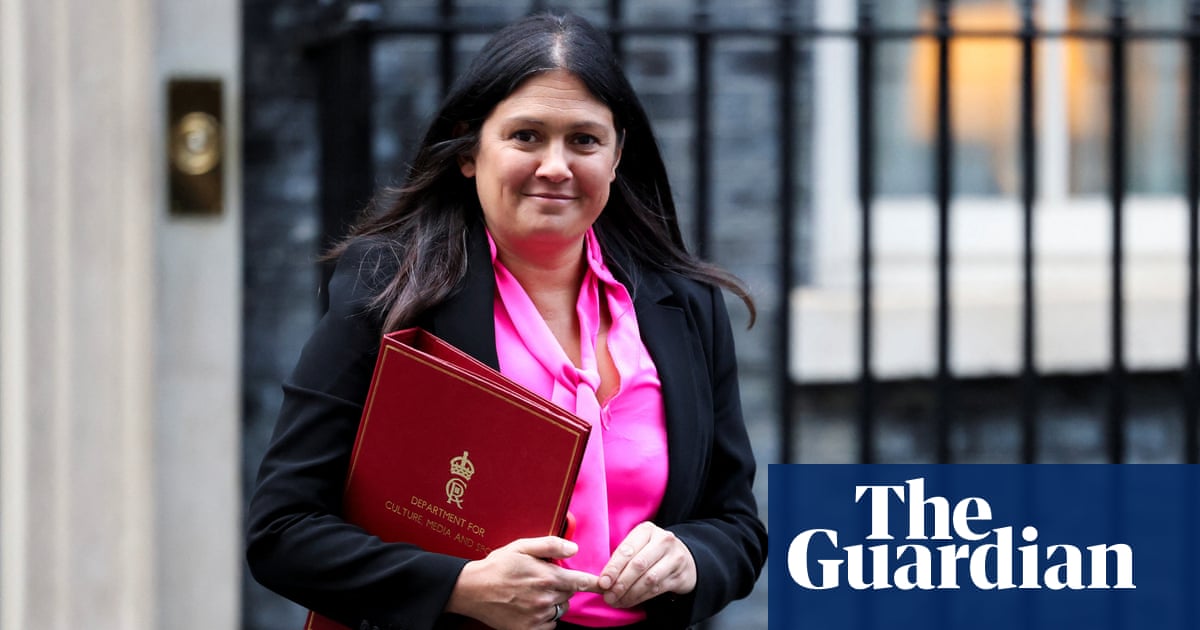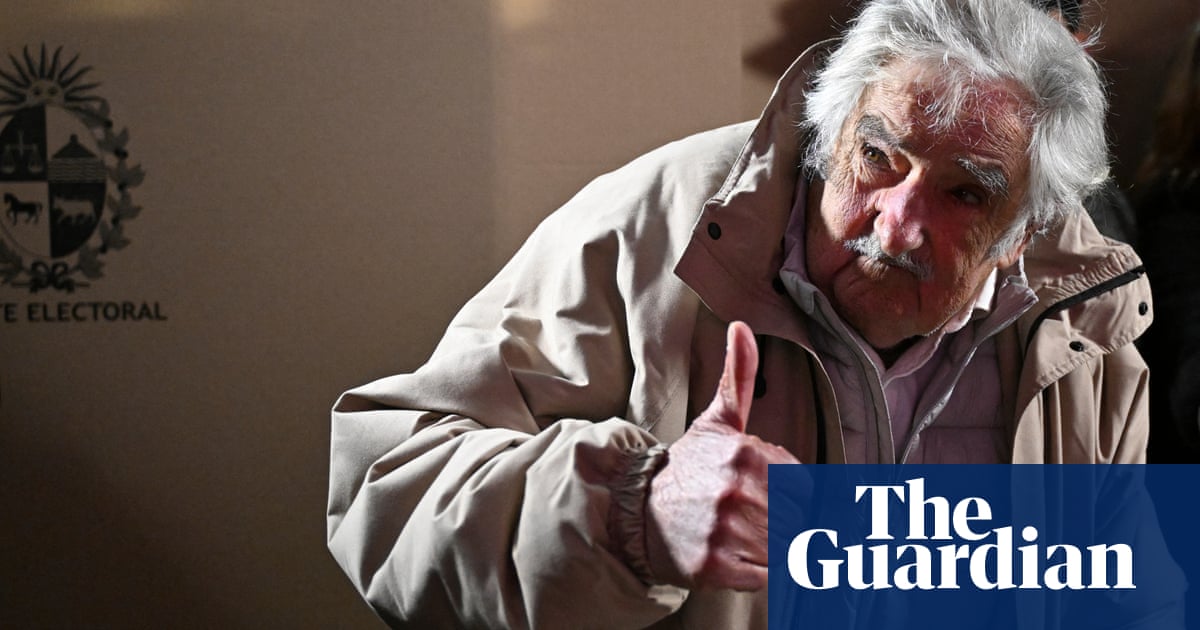The Conservative leadership contest that concludes this weekend has followed a familiar pattern. What is left of a moderate centre-right Tory tendency has failed to assert itself or even make a compelling argument.
The One Nation caucus didn’t even manage to get a candidate in the final round, thus guaranteeing that the activist choice, whether it is Kemi Badenoch or Robert Jenrick, will be from the radical right. This has been the story of Tory ideological evolution since David Cameron’s decision to call a referendum on leaving the European Union. A gambit that was intended to silence Eurosceptic battle cries for a generation had the opposite effect, turning a fringe proposition into the central pillar of British foreign policy.
Brexit is by far the biggest legacy from 14 years of Conservative government. And yet, perversely, it has not been celebrated, or even much discussed, in the leadership contest – or not in terms of economic and political fact. To the extent that “Europe” has featured in the debate, it is almost exclusively because Mr Jenrick has made quitting the European convention on human rights (ECHR) a central demand of his candidacy. Ms Badenoch is not opposed to that idea, but avoids a firm commitment.
But the ECHR is not even part of the EU. The Tory obsession with it has two components. One is the claim – mistaken or dishonest – that human rights law is a significant reason why Britain has had high levels of net migration in recent years. The second is a fundamentalist view of national sovereignty that treats multilateral humanitarian treaties as instruments of foreign interference. This amounts to an argument that the UK should heed international law selectively and only if it suits the government of the day – an ethos shared by rogue regimes and dictators.
Those arguments reflect a radicalisation of Brexit ideology well beyond the original, technical questions of EU membership. Once the declared goal of regulatory emancipation was achieved, the Eurosceptic movement that vilified Brussels as the centre of a bureaucratic conspiracy against British enterprise and border control mutated. It has evolved into a more wide-ranging species of illiberal nationalism.
That brings the Conservatives ever closer in arguments and style to far-right parties across Europe, although the continental version targets the EU for capture and subversion from the inside rather than demanding release from its structures.
Neither Mr Jenrick (who voted remain in 2016), nor Ms Badenoch (a leaver from the start) has anything practical to say about the economics of Brexit. Neither candidate makes a virtue of the trade and cooperation agreement that Boris Johnson signed.
The leadership contest has avoided talking about the consequences of Mr Johnson’s deal for the same reason that it was absent from the Tories’ general election campaign. Anyone who understands the real-world impact knows that Brexit has been a disaster, and anyone who is determined to believe otherwise has learned to change the subject.
Without any incentive to evaluate the economics of separation from Europe honestly, and having silenced internal voices that might have attempted such an audit, the Conservative party is locked into a cycle of radicalisation in the ideological spirit of Brexit. That path towards delusional nationalism and in flight from practical reality seems now unavoidable for the party, regardless of which candidate is named as leader.
-
Do you have an opinion on the issues raised in this article? If you would like to submit a response of up to 300 words by email to be considered for publication in our letters section, please click here.

.png) 2 months ago
21
2 months ago
21













































